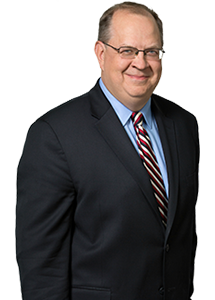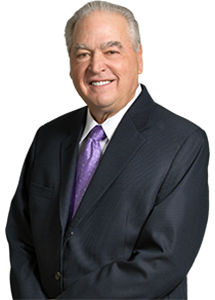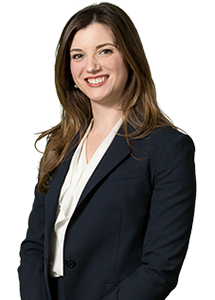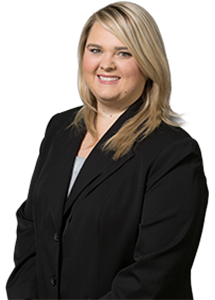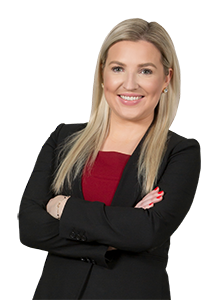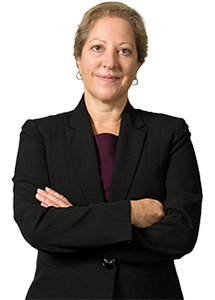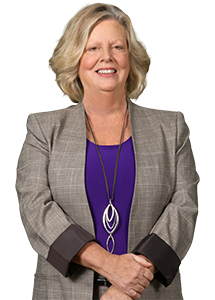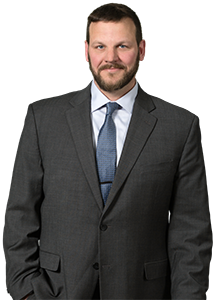Part one of this blog post focused on why trusts protect people from themselves and others. But, will our client’s children be as happy being a beneficiary of a trust as they would be if they owned property? The critical questions that need to be answered are what does it mean to own property and what is different with a trust? If people own property, they have the right to make decisions about that property. For example, if they own a house, they can decide what color to paint it. If they own a car, they can decide who drives it. If they own a race horse, they can decide what races to enter the horse in. In other words, they can control the property. Also, if people own property, they have the right to enjoy it. They can sit on their beach house patio and watch the sunset; they can drive their Ferrari fast down a deserted road; they can eat their chocolate ice cream cone. And finally, if people own property, they can transfer that property to others. They can convert it to cash through a sale; they can give it to a loved one or a charity.
So, the essence of ownership is control, enjoyment, and power to transfer. If Mom and Dad leave their property to a trust for a child who is financially mature, solely to protect that child from others, can we design the trust to mimic outright ownership? The first goal the trust needs to accomplish is to give the child control over the trust property. In the trust context, the trustee has control. Can the child be trustee and still be protected from creditors, predators, and divorcing spouses? The answer is an absolute and unequivocal, yes.
The trust beneficiaries have the ability to enjoy trust property. Who are the trust beneficiaries? The child and the child’s children. So yes, the child can enjoy the trust property.
Finally, can the child transfer the trust property to others? We can design a protective trust that allows the child to transfer trust property to other people. This right is known as a “power of appointment” and allows the child to transfer the trust property to people other than creditors, the exact people we do not want the child to be able to transfer property to.
So, that is why the best estate plans do not leave property outright to the people our clients care about. Instead, these plans leave property in a trust that does everything our clients want: it mimics their ownership while protecting them from others.
If you want to learn more about this perfect estate plan, O’Neil, Cannon, Hollman, DeJong and Laing’s Tax and Estate Group would love to hear from you.



